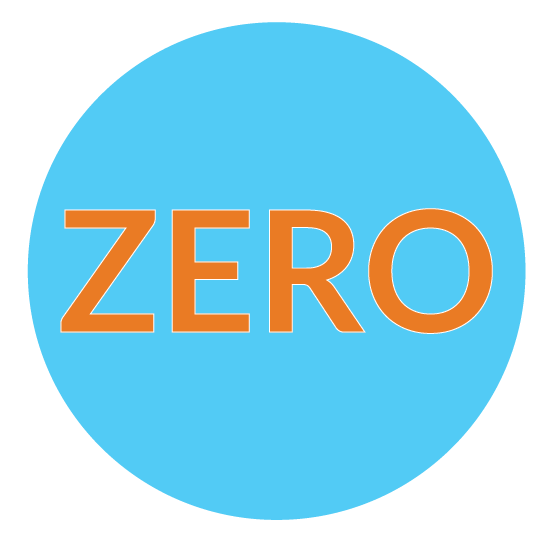Attention to energy efficiency and indoor air quality is higher than ever before, and although 2020 wasn’t what anyone had expected it to be, the ZERO Coalition continued to pursue an active year thanks to all of our members and committee chairs. Read more to see what specific committees have been up to this year, and consider joining us to make 2021 an even better year for ZERO.
Policy Committee
In 2020, the ZERO policy committee provided technical input and policy recommendations that resulted in a new statewide requirement that calls for building energy use in Oregon’s new residential and commercial buildings to be reduced by 60% from 2006 Oregon code levels by 2030. These energy code stipulations developed by ZERO were included in Governor Kate Brown’s Executive Order (EO) 20-04. The requirements create an aggressive and forward-thinking pathway on which Oregon energy codes can advance over the next decade. These new requirements contained in EO 20-04 built upon ZERO Coalition’s prior work on EO 17-20 which had set advanced energy code targets through 2023.
Watch for more on these bills as they move through the legislature:
HB 2995 – 100% Clean Energy for All –100% renewable electricity
HB 2475 – Energy Affordability – creates a low-income rate structure
HB 2842 – Healthy Homes – supports home upgrades focused on health
HB 2062 Appliance Standards – This bill takes an important step in decreasing costs on energy-efficient appliances excluded from building code updates.
HB 2398 - Reach Code - Using Reach Code as optional minimum building code standard.
Technical Committee
In early 2020, the ZERO technical team created the 7 Steps to Cost Effective Zero Energy for new construction. The committee accomplished this goal through the help of the Communications Committee to execute the web portion of the text and imagery. This tool can be found on ZERO’s website.
In addition, the technical committee began researching, conducting interviews with project teams, and gathering key energy efficiency specifications to identify successful zero energy buildings across the single family, multifamily, and commercial building types in Oregon. While the team finds a communications team member to execute the design portion of the case study, they have focused on a new project, 7 Steps to Cost Effective Zero Energy guidelines for retrofits, to couple with the previous tool, 7 Steps to Cost Effective Zero Energy for new construction.
Justice, Equity, Diversity & Inclusion (JEDI)
In October and November of 2020, the Justice, Equity, Diversity, and Inclusion (JEDI) Team presented a two-session series of workshops focused on Equity, Diversity and Inclusion in the sustainable building industry. Launching efforts led by program manager Ashley Haight, and our committee co-chairs, Dirk Larson and Vinh Mason, the first workshop covered basic definitions and JEDI concepts of, implicit biases and actions to implement immediate change. The second workshop took a deeper look at issues in our region such as gentrification, environmental issues and needs of local communities.
Rendering of discussion topics by Mari Shibuya
Session 1: From Me to We: Building J.E.D.I. Competency
Marcelo Bonta, J.E.D.I heart, facilitated the discussion with intentions to build knowledge and skills regarding Justice, Equity, Diversity and Inclusion (J.E.D.I.). We explored why these concepts are important to our work and how we can effectively put J.E.D.I. into practice. This workshop focused on individual growth as a necessary foundation for effective organizational work.
From participant: “Marcelo was wonderful -- highly engaging, thought provoking and emotionally stirring. Such a sensitive soul for this sensitive work, with a broad perspective of authentic expertise to help guide the content. Deep gratitude for this workshop.”
Session 2: Equity in the Sustainable Building Industry - Take the Change Further
Led by Derron Coles, DRC Learning Solutions and Vinh Mason, Portland Bureau of Planning & Sustainability, this workshop took a deeper look at issues in our region. We discussed inequity in AEC sectors and solutions within the sustainable building industry.
From participant: “Derron’s vulnerability with his own stories and passion for the work were obvious. I also thought the small group discussions were a great way to digest the topics. Vinh’s story and experience drew me into his world and helped me better understand the work he has been engaged in, and I found this to be very valuable.”
As a coalition of organizations working with a wide array of constituents and stakeholders, we recognize the benefit of collaboration to create a greater impact on building energy performance and affordability. ZERO offers 3 tiers of membership opportunities with additional options to support.
If your organization is interested in becoming a member of ZERO, please contact us today.






